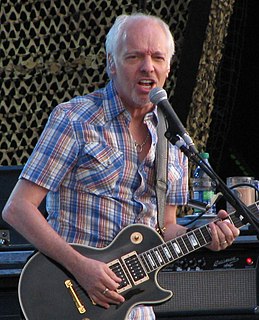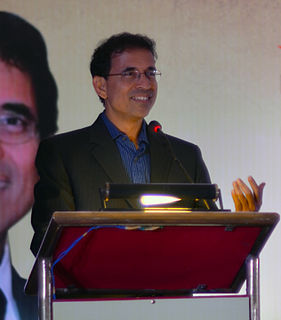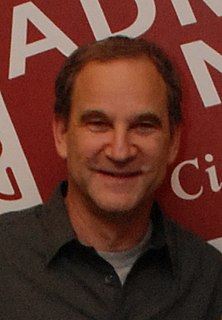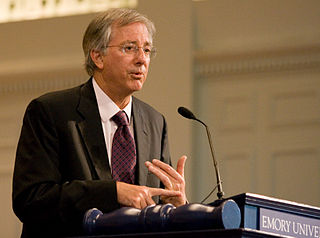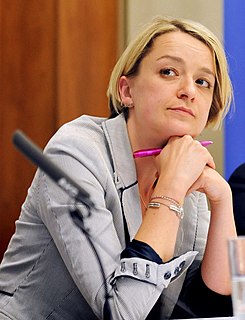A Quote by Conrad Black
I always keep a firewall between my own travails and my perception of public-policy issues; otherwise I would retain no credibility as a commentator.
Quote Topics
Related Quotes
The perception that I was just a pop star was pushed upon me by the public, and it's very hard to change the public's perception even though I never really pushed aside the musician aspect of my career. After I released 'Fingerprints,' my peers reassured me that I was on a level that I always hoped I would be on.
But, that’s the whole point of corporatization - to try to remove the public from making decisions over their own fate, to limit the public arena, to control opinion, to make sure that the fundamental decisions that determine how the world is going to be run - which includes production, commerce, distribution, thought, social policy, foreign policy, everything - are not in the hands of the public, but rather in the hands of highly concentrated private power. In effect, tyranny unaccountable to the public.
You always have to remember in this business that the public doesn't care about us. It's very important to keep that in mind. If there is a public perception at all, they see the producer as a big old guy who smokes a cigar and has lots of money and lots of power. That's not what a producer is and, if it ever was what a producer was, it certainly hasn't been for a long time.


